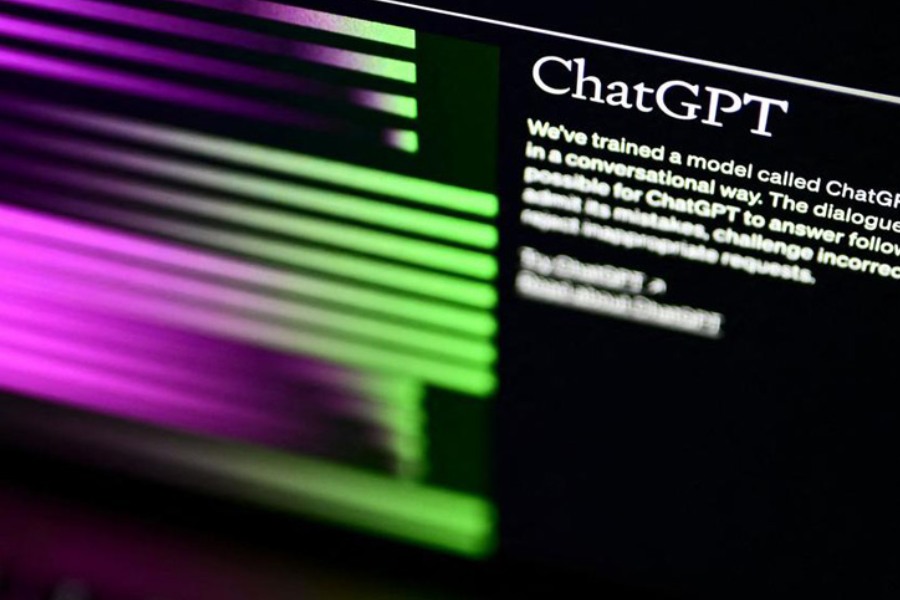For decades, Walla Walla High School in the wheat basket of Washington state has maintained an old red wooden barn on campus where students learn a venerable farming skill: how to raise pigs and sheep.
Now, as the new academic year starts, some teachers at the school are preparing to help students learn the latest digital skill: how to navigate AI chatbots like ChatGPT.
This month, Walla Walla Public Schools, which serves some 5,500 students, held a day-long workshop on AI chatbots, which can generate homework essays, fictional stories and other texts. About 100 local educators showed up at the high school for the event.
It was a remarkable turnaround for a district that had blocked student access to ChatGPT on school devices only in February.
“I do want students to learn to use it,” said Yazmin Bahena, a dual-language middle school social studies teacher. “They are going to grow up in a world where this is the norm.”
The media furore over chatbots last winter upended school districts and universities across the US. The tools, which are trained on vast databases of digital texts, use artificial intelligence to manufacture written responses to user prompts. The bots also liberally make stuff up.
Tech giants and billionaires promised that AI tools would revolutionize learning. Critics warned the bots would be more likely to undermine education, inundating students with misinformation and facilitating widespread cheating.
Amid the forecasts of imminent marvels and doom, some public schools tried to hit the pause button to give administrators time to catch up. In December, the Los Angeles Unified School District, the nation’s second-largest school system, blocked ChatGPT on school Wi-Fi and district-owned student devices. Other districts soon followed, including New York City, the largest US school system.
However, administrators quickly realised the bot bans were ineffective. For one thing, wealthier students who owned smartphones or laptops could simply access ChatGPT, a chatbot developed by OpenAI of San Francisco, or similar bots like Google’s Bard, at home.
“Children who have devices and unfiltered, unfettered connectivity at home are already benefiting from access to these tools,” Alberto M. Carvalho, the superintendent of the Los Angeles Unified School District, said in an interview this week. “Students who depend on district devices and connectivity are restricted.”
In May, New York City schools issued a public mea culpa, saying the district had acted too hastily and would unblock ChatGPT. This week, Carvalho said that Los Angeles schools were also working on a more permissive policy.
Some large districts, including Milwaukee, still have ChatGPT blocks in place. Some districts like Newark Public Schools are trying out specialised chatbots designed for student tutoring.
Other districts are embracing ChatGPT as lesson-planning aids for teachers — and as opportunities for students to learn how bots can concoct misinformation and replicate human biases. Administrators say they are simply taking a pragmatic view: Students will need to learn how to prompt chatbots to answer their questions, just as they learn to query search engines like Google.
“The world our kids are inheriting is going to be full of AI and we need to make sure they are well equipped for it, both the benefits and the drawbacks,” Wade Smith, the superintendent of Walla Walla Public Schools, said. “Putting our heads behind the curtain or under the sheets and hoping it goes away is simply not reality.”
Walla Walla offers a portrait of one district’s remarkable learning curve on AI this year.
Administrators sought to take advantage of the chatbots’ benefits while working to tackle cheating, misinformation and risks to privacy.
New York Times News Service











